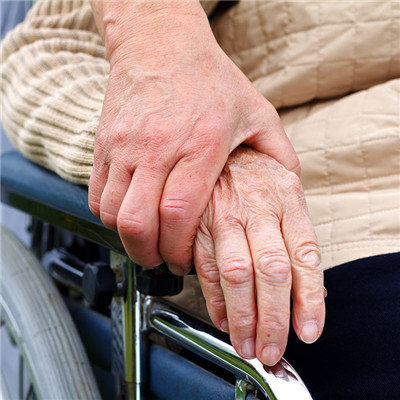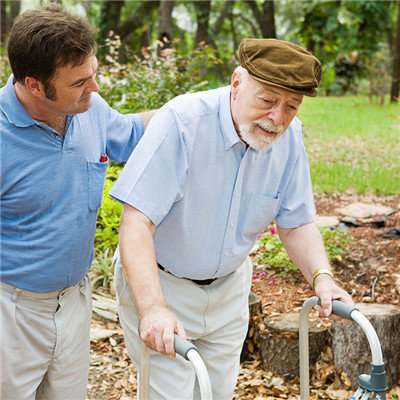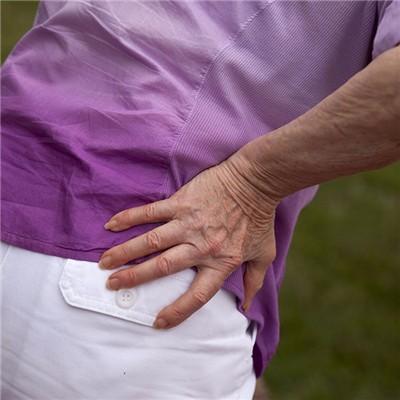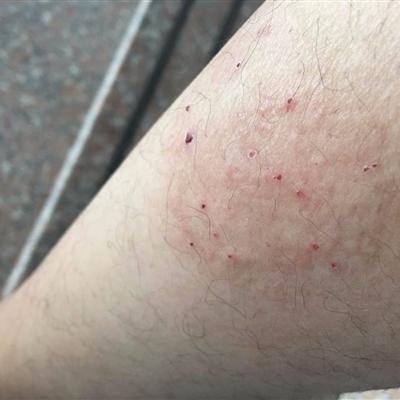Anemia in the elderly?
summary
The diagnosis of anemia in the elderly is the same as that in the young and middle-aged, that is, hemoglobin in the unit volume of circulating blood is lower than normal (male < 120g / L, female < 110g / L), hematocrit is decreased (male < 0.40, female < 0.37), with or without erythrocytopenia. The organs of the elderly have different degrees of aging, so their tolerance to anemia is weakened. Anemia is a symptom, can be a reaction to many diseases, can be a blood disease, can also be part of the response to other diseases in the body. Aplastic anemia, iron deficiency anemia and megaloblastic anemia are common in the elderly. Anemia in the elderly? Let's talk about it
Anemia in the elderly?
Senile anemia is related to the aging of hematopoietic function of the hematopoietic system, that is, the production base of red blood cells and red bone marrow gradually decrease with age. In addition, with the growth of age, teeth fall off, taste buds atrophy, gastrointestinal function also decline, which is bound to affect the digestion and absorption of nutrients, leading to the lack of hematopoietic raw materials, resulting in insufficient production of red blood cells or hemoglobin.

The common cause of senile anemia is insufficient testosterone secretion in elderly men, resulting in low hematopoietic function. The common chronic diseases of the elderly, such as infectious diseases, chronic atrophic gastritis, chronic gastritis, diabetes, arteriosclerosis, tumor, can cause anemia.

The elderly hemoglobin between 9 ~ 11g belongs to mild anemia, generally no obvious symptoms, when the hemoglobin below 8g, often have dizziness, dizziness, burnout, insomnia, shortness of breath, ankle edema, serious cases can also appear mental disorder, indifference, depression, excitability, also can have fantasy, hallucination.

matters needing attention
First of all, we should actively treat the primary diseases and eliminate the causes of blood loss; Supplement iron, vitamin B12, folic acid and high quality protein in time; Proper physical exercise can increase oxygen consumption and delay the aging of hematopoietic function.









